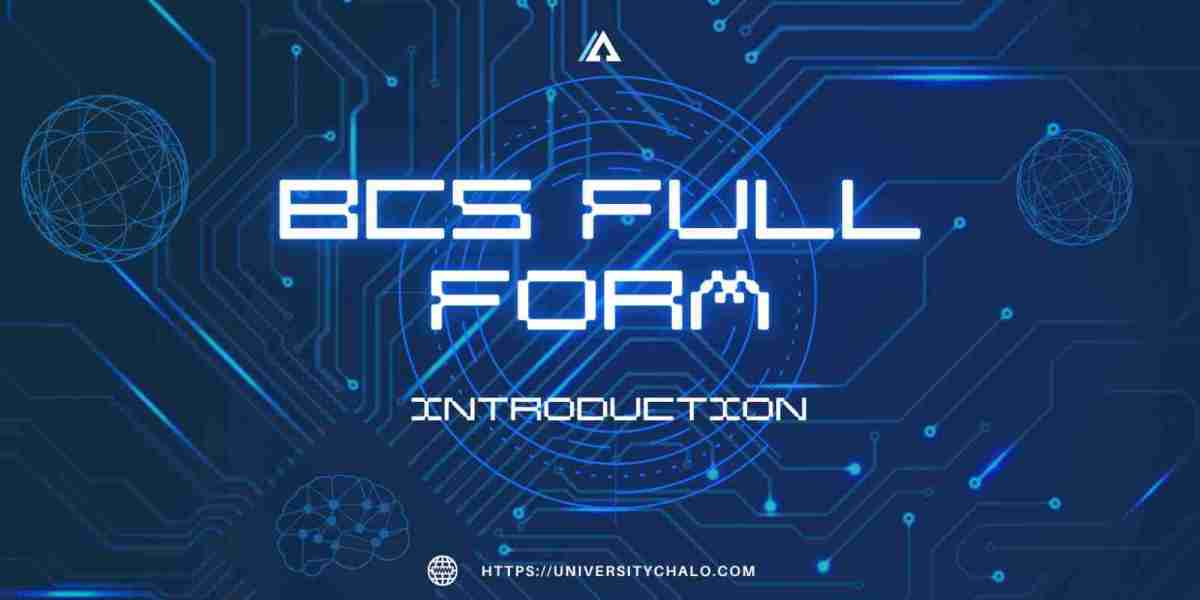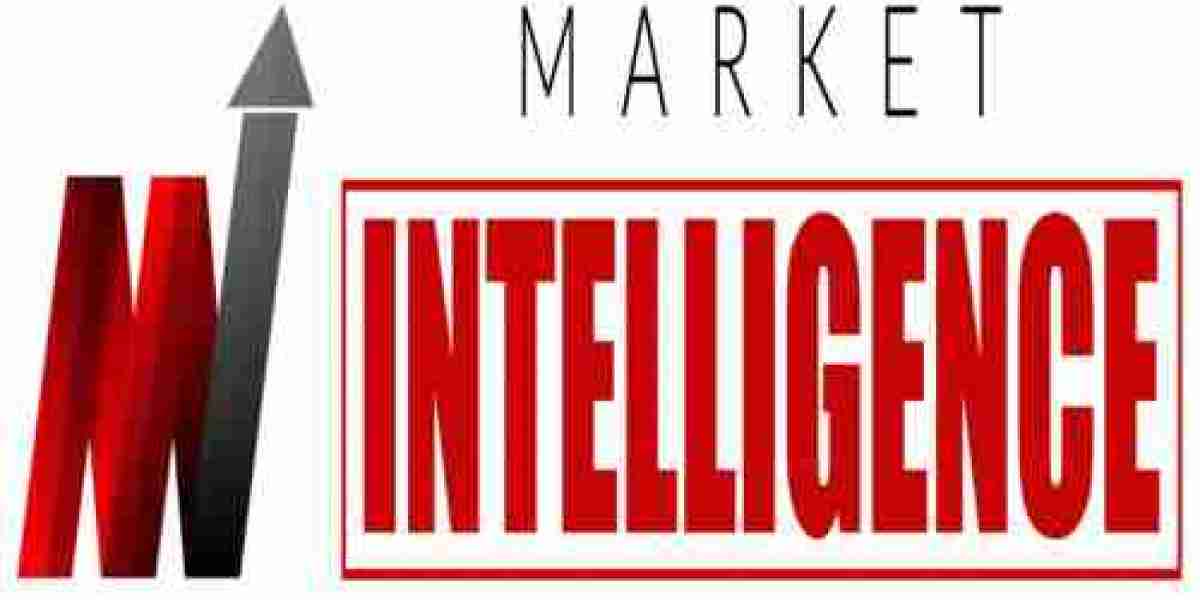Imagine this. You're curious about how technology works. You want to understand how apps, websites, and systems come to life. That’s where the BCS full form, Bachelor of Computer Science, steps in. It’s more than a degree—it’s a path to mastering computing.
What’s the Big Deal About BCS?
BCS is all about solving problems using technology. Think of it as building a toolkit. Each course adds a new tool—programming, databases, networks, and more. These tools help you create solutions for real-world challenges.
Let’s start with programming. You’ll learn how to write code that brings ideas to life. Whether it’s a website or an app, coding makes it happen.
Next is database management. Ever wondered how online stores keep track of millions of orders? That’s databases in action. BCS teaches you how to design and secure these systems.
And the best part? It’s not just theory. You learn by doing. Labs and projects let you apply what you know.
Hands-On Learning Brings Computing to Life
Imagine this: you’re working with a team to create a project. The goal? Solve a real-world problem using technology. Ideas flow. Someone suggests an app to track health habits. Another talks about a tool for students to organize their studies.
These projects aren’t just for grades. They’re opportunities to innovate. Many students even turn their ideas into startups.
Why Is BCS Relevant Today?
The BCS full form, Bachelor of Computer Science, isn’t just a title. It’s a key to staying updated in a tech-driven world.
Take artificial intelligence. Once, it was a futuristic dream. Today, AI is everywhere—voice assistants, smart cars, even healthcare. BCS introduces you to AI and machine learning, teaching you how machines “think.”
Then there’s cybersecurity. With so much happening online, protecting data is more important than ever. BCS equips you with the skills to safeguard information from hackers.
A Program for Everyone
The stereotype? A BCS student glued to a screen, typing endlessly. The reality? Far from it.
Some students love creating visually appealing designs and focus on UI/UX. Others are numbers-oriented and dive into data analytics. Some even explore game development, inspired by their favorite video games.
In short, BCS isn’t just for coders. It’s for anyone curious about technology.
Challenges Along the Way
Is BCS challenging? Yes. But it’s also rewarding.
One challenge is keeping up with new tech. Today, you might learn Python. Tomorrow, it’s Go or Rust. It’s like learning new skills constantly.
But here’s the thing: every challenge helps you grow. Like learning to play an instrument—it’s tricky at first, but with practice, you get better.
Who Should Study BCS?
Are you someone who enjoys solving problems? Do you like understanding how things work? If yes, BCS could be for you.
This program is for people who want to learn about technology, create innovative solutions, and understand the world of computing.
The Real-World Impact of BCS
The BCS full form might sound academic, but its impact is practical. Employers value graduates who can think critically and adapt to new tech.
Take cloud computing, for example. Companies are moving their operations online, creating a demand for cloud experts. BCS prepares you for roles like this.
Or fintech—think cryptocurrency and blockchain. These are reshaping finance. With a BCS background, you can contribute to these innovations.
Why BCS Matters
The world is driven by technology. From social media to online shopping, computing powers everything. BCS helps you understand this world.
It’s not just about getting a job. It’s about gaining the skills to solve real problems, innovate, and make a difference.
Conclusion
The BCS full form, Bachelor of Computer Science, is more than a degree. It’s a journey into the world of technology. You’ll learn coding, understand how systems work, and explore fields like AI and cybersecurity.
If you’re ready to dive into computing, BCS offers a structured, exciting way to do it.
FAQs
What is the BCS full form?
BCS stands for Bachelor of Computer Science. It’s a program that focuses on core computing concepts.What do you learn in BCS?
BCS covers programming, databases, networking, AI, cybersecurity, and more.Is BCS a good career choice?
Yes. BCS opens doors to careers in software development, data science, cybersecurity, and more.Who is BCS for?
It’s ideal for anyone curious about technology, problem-solving, and creating solutions.What makes BCS different from other degrees?
BCS combines theory with practical learning, ensuring you gain hands-on experience in real-world applications.




